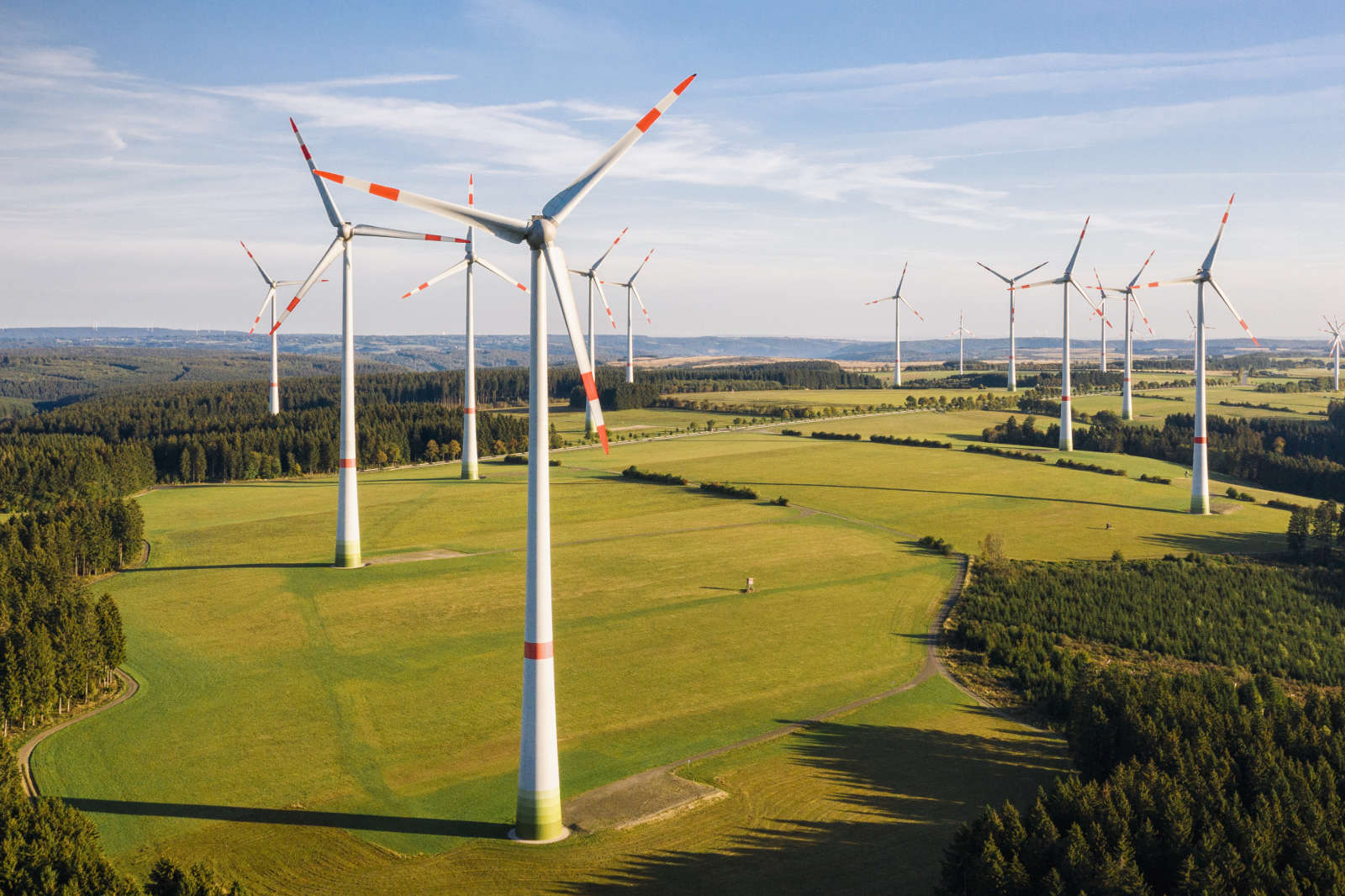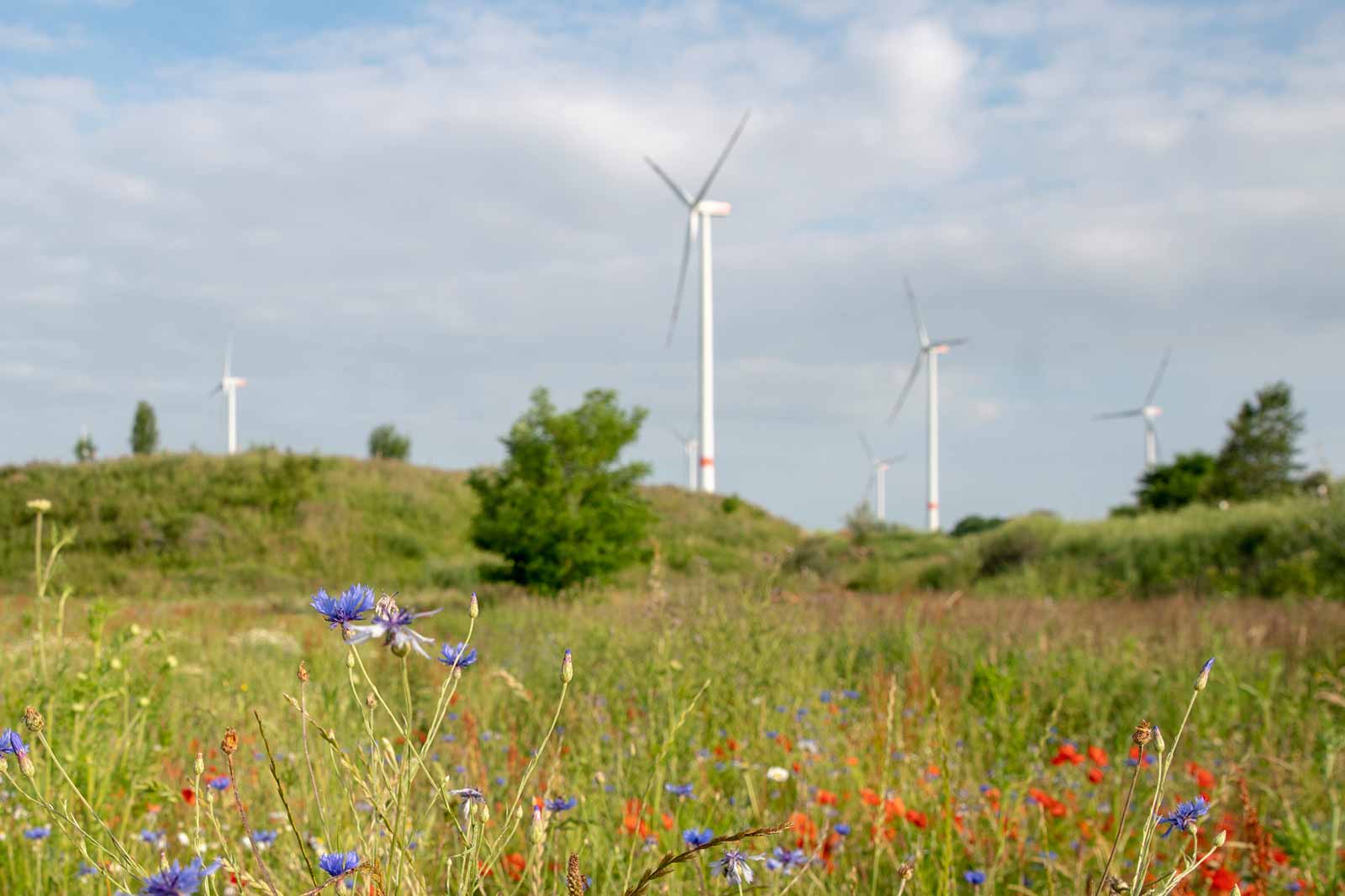In a few years, Germany will have completely discontinued using lignite as a fuel. That is stipulated by law. RWE is implementing the phase-out of coal as planned and has been decommissioning its coal-fired power plants one by one since 2020. Two of three remaining opencast mines will stop lignite mining in 2029, with the third one to follow shortly after. The temporary extension of three power plant units being used as operating reserve due to the current gas supply crisis does not change RWE’s commitment to implementing the coal phase-out. And moreover, RWE is bringing the exit from coal forward to 2030. This means that the last lignite-fired power plant units will cease to produce electricity in just a few years.


Reliable partner
However, at the moment and in the medium term, lignite will still be needed to ensure security of electricity and fuel supply in Germany, but less and less so. Lignite comes from opencast mines. One of the distinguishing features of opencast mining technology are the enormous bucket-wheel excavators, the largest self-propelled machines in the world.
After production has ceased, opencast mines are turned into biodiverse natural habitats with fields, woodland and lakes, thoroughly and with passion, by experts who are at home in the Rhenish mining district. RWE’s high-quality recultivation processes have been recognised by other experts the world over. The people in the region value the man-made countryside as a destination for leisure activities – and as a part of the structural change in the Rhenish mining district.
Refining and research
Around ten per cent of the mined lignite is used to produce solid fuels and coke for filter systems. Production of the traditional briquette ended already in 2022 as part of the coal phase-out. Due to its relatively low price compared to imported energy, lignite dust is in high demand as a fuel for heat and steam generation in industrial boiler plants.
Scientists at the RWE Innovation Centre at the Niederaussem power plant are currently working on processes for producing gas from waste materials and for flue gas carbon capture, among other projects. At the same time, they are participating in international research projects with their own systems. Here, captured CO2 is being reused as a carbon carrier – ideally in combination with electricity from renewable sources. Products at the end of the process chain include synthetic fuels and base chemicals.

RWE is actively helping to shape structural change
The Rhenish lignite mining district is one of the centres of electricity generation in Germany. 8,000 jobs at RWE Power and twice as many at suppliers and service providers depend on lignite – but those numbers are falling. Because due to the coal phase-out, the region will change fundamentally. The Rhenish mining district must remain an excellent place to live and work. RWE Power is thus helping to shape the structural change in the region and is bringing all its strengths, resources, and experience to the table.
Recultivation of former opencast mining areas keeps all options open for them to be used by future generations. Company sites that are no longer operational are set to become home to new employment. They benefit, among other things, from their good connection to the energy, transport and water supply systems. In addition, there is plenty of space in the Rhenish mining district for an accelerated expansion of renewables. RWE is already investing several million euros in new wind farms and solar plants there. In total, the company is planning to invest four billion euros in that region alone.

Paradise for threatened wildlife
The recultivation projects in our former mining areas are seen as prime examples of their kind. Where coal heaps once dominated the skyline, sensitively restored areas are now a paradise for threatened species of plants and animals, some of which had already been declared extinct. We have received praise from internationally renowned experts, as well as local and national nature conservation associations.
Our water management also plays a role in protecting the environment, where the lower groundwater from the mines is not only processed into drinking water in our own facilities, but also to make even more “environmentally conscious” water. This ensures that levels in habitats for rare flora and fauna such as wetlands and marshlands are kept stable.


